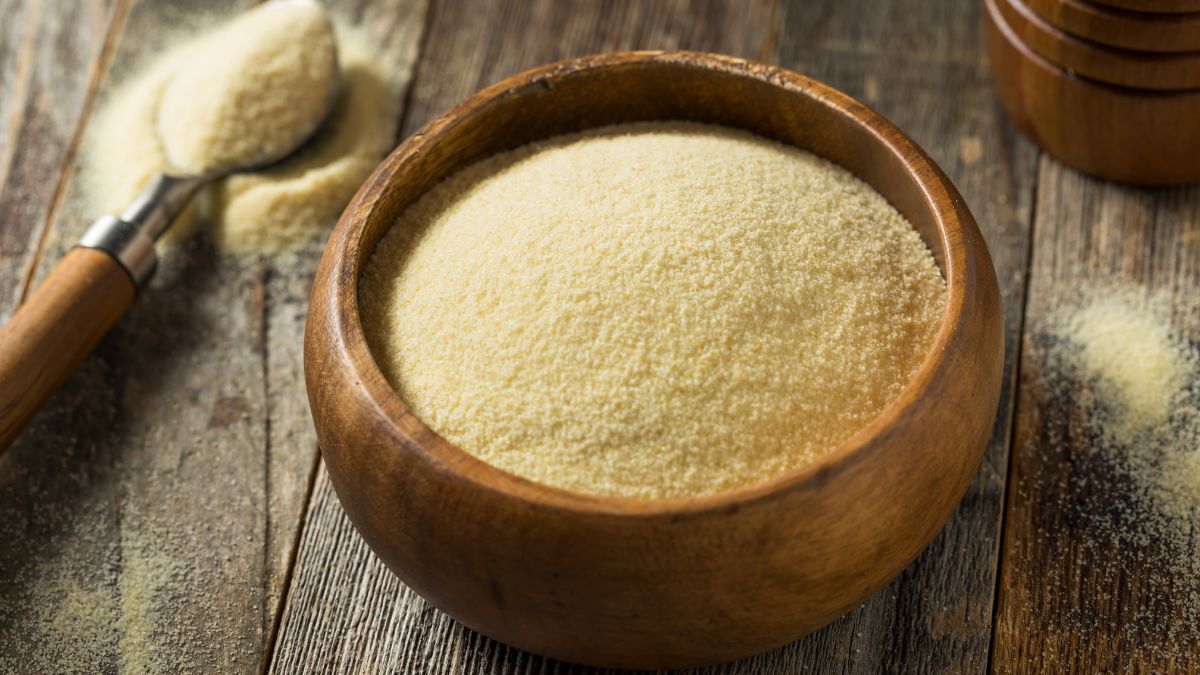Quick Answer: Suji, or semolina, is not necessarily bad for diabetes, but it should be consumed in moderation as part of a balanced diet.
One of my blog readers recently asked me, “Is suji good for diabetes?” This is an important question, as managing blood sugar levels is crucial for people with diabetes. In this blog post, I’ll delve into the relationship between suji and diabetes to help you make informed dietary choices.
Suji, also known as semolina, is a coarse flour made from durum wheat. It has a medium glycemic index (GI) of around 66, which means it can cause a moderate rise in blood sugar levels. However, this doesn’t mean that people with diabetes should completely avoid suji.
The key to incorporating suji into a diabetes-friendly diet is moderation and balance. Consuming small portions of suji, combined with fiber-rich foods and healthy fats, can help slow down digestion and prevent rapid spikes in blood sugar. For example, you can enjoy suji upma with added vegetables and a side of low-fat yogurt.
In my experience, I’ve found that many of my clients with diabetes can still enjoy suji-based dishes occasionally, as long as they pay attention to portion sizes and overall carbohydrate intake. It’s essential to work with a certified nutritionist to create a personalized meal plan that takes into account your individual needs and preferences.
It’s worth noting that whole wheat suji, which retains more of the grain’s bran and germ, may be a better choice for people with diabetes. Whole wheat suji has a slightly lower GI and contains more fiber, which can help regulate blood sugar levels.
Remember, managing diabetes is not just about avoiding certain foods; it’s about creating a balanced, nutrient-dense diet that supports overall health. By making informed choices and working with a qualified nutritionist, you can enjoy a variety of foods, including suji, while keeping your blood sugar in check.
Do you have any other questions about diabetes-friendly foods or meal planning? Leave a comment below, and I’ll be happy to provide more guidance and support on your journey to better health.
